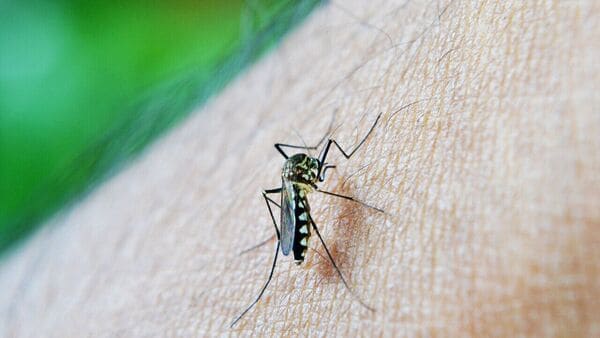Indore (Madhya Pradesh): This year, over 7,000 ELISA tests were conducted on patients having dengue-like symptoms. Of these, dengue was confirmed in about 550 cases, while the remaining 6,500 patients tested negative despite showing similar symptoms.
According to Dr Amit Agrawal, head of the gastroenterology department at Super Specialty Hospital, 50 per cent of the negative cases were found to be suffering from viral haemorrhagic fever. Dr Agrawal explained that viral haemorrhagic fever presents symptoms nearly identical to dengue fever but poses significantly less risk.
“The platelet count in viral haemorrhagic fever drops more slowly compared to dengue, and the impact on the liver is also minimal,” he said. Unlike dengue, viral haemorrhagic fever is not detected in routine microbiology lab tests but requires virology lab analysis.
Samples from suspected cases are sent to the virology lab at MGM Medical College. While some return positive for dengue, majority of patients showing similar symptoms are diagnosed with viral haemorrhagic fever.
“Dengue infection is not found in many samples, but the symptoms are consistent with viral haemorrhagic fever, which has a milder effect on the liver and platelets,” Dr Agrawal said. The high cost of virology lab tests limits widespread detection of viral haemorrhagic fever, often leading to misclassification of cases.
“Dengue haemorrhagic fever is easily identifiable, but viral haemorrhagic fever requires advanced testing, which is expensive,” he added. The city saw a surge in fever cases during and after the rainy season. While many recover within five to eight days, viral haemorrhagic fever persists longer than typical viral fevers.
“Thousands of dengue-like cases this year were ultimately diagnosed as viral haemorrhagic fever,” the doctor said.
